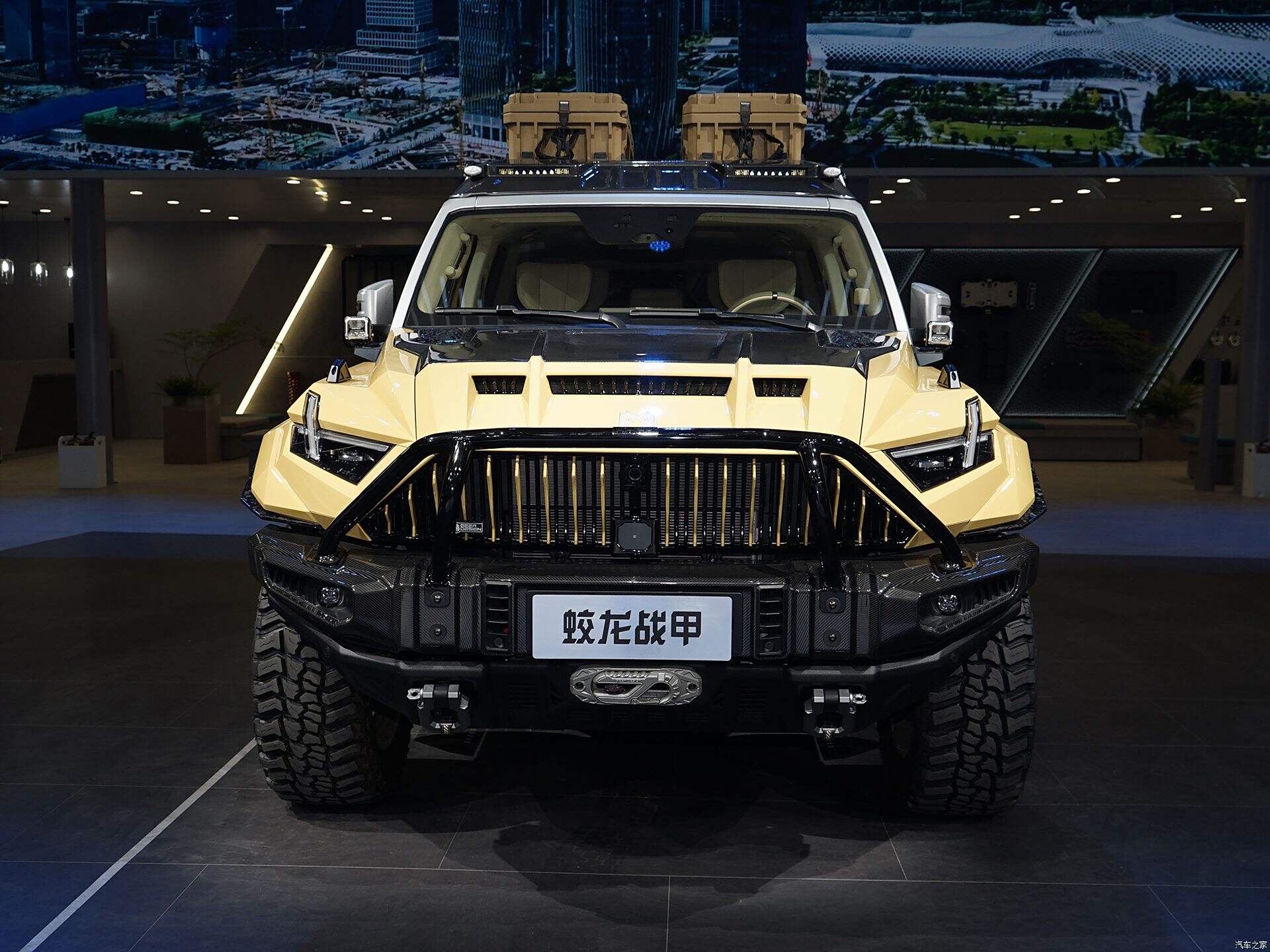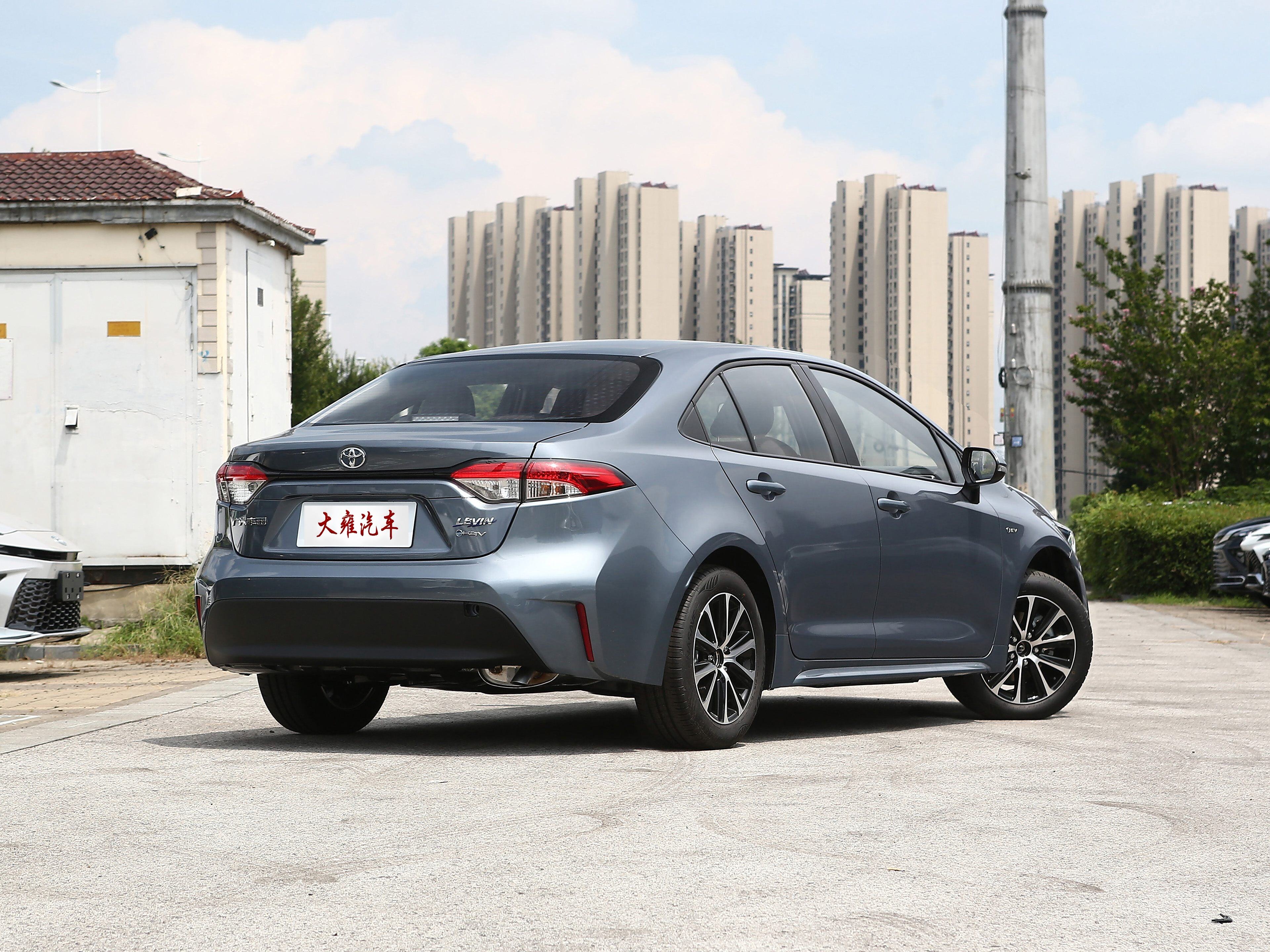Understanding Modern Vehicle Technology Choices
The automotive industry stands at a crucial turning point as consumers increasingly shift toward environmentally conscious transportation options. The debate between choosing a hybrid car or a fully electric vehicle has become more relevant than ever. As fuel prices fluctuate and environmental concerns grow, understanding the key differences between these technologies can help make an informed decision that aligns with both personal needs and ecological responsibilities.
The hybrid car technology combines traditional gasoline engines with electric motors, offering a balanced approach to modern mobility. This innovative solution has revolutionized the automotive landscape, providing improved fuel efficiency while maintaining the convenience and reliability that drivers have come to expect from conventional vehicles.
The Evolution of Hybrid Technology
Pioneering Developments in Hybrid Systems
The journey of hybrid technology began with modest innovations in the late 20th century. Early hybrid car models faced numerous challenges, from limited battery capacity to skepticism about their reliability. However, continuous technological advancement has transformed these initial concepts into sophisticated systems that seamlessly blend electric and combustion power sources.
Modern hybrid systems have evolved to include various configurations, from mild hybrids to plug-in hybrid vehicles. Each iteration has brought improvements in efficiency, performance, and user experience, making the hybrid car an increasingly attractive option for environmentally conscious consumers.
Advanced Features and Capabilities
Today's hybrid vehicles incorporate cutting-edge features that maximize their dual-power system's potential. Regenerative braking technology captures energy typically lost during deceleration, converting it into electrical power to recharge the battery. Smart power management systems continuously optimize the balance between electric and gasoline power, ensuring maximum efficiency in various driving conditions.
The integration of artificial intelligence and machine learning has further enhanced hybrid performance. These systems learn from driving patterns and adjust power distribution accordingly, providing an optimal blend of efficiency and performance tailored to individual driving styles.

Environmental Impact Considerations
Carbon Footprint Analysis
When evaluating environmental impact, hybrid car technology offers significant advantages over traditional gasoline vehicles. The combination of electric and gasoline power results in lower overall emissions, particularly in urban environments where stop-and-go traffic allows for maximum utilization of electric power. Studies have shown that hybrids can reduce carbon emissions by 25-35% compared to conventional vehicles.
Manufacturing processes for hybrid vehicles have also become more environmentally conscious. Automakers have implemented sustainable production methods and improved battery recycling programs, further reducing the overall environmental impact of hybrid vehicles throughout their lifecycle.
Resource Consumption Patterns
The resource efficiency of hybrid vehicles extends beyond fuel consumption. These vehicles require less frequent maintenance of traditional components like brake systems, thanks to regenerative braking technology. The dual power system also means less strain on the gasoline engine, potentially extending its lifespan and reducing the need for replacement parts.
While battery production does require significant resources, manufacturers have made substantial progress in developing more sustainable battery technologies. The longevity of modern hybrid batteries, often lasting well over 100,000 miles, helps offset their initial environmental impact.
Economic Considerations for Buyers
Initial Investment Analysis
The purchase price of a hybrid car typically exceeds that of comparable conventional vehicles. However, this initial cost difference should be evaluated against long-term savings. Government incentives, tax credits, and rebates often help offset the higher purchase price, making hybrids more financially accessible to a broader range of consumers.
When considering the total cost of ownership, factors such as fuel savings, maintenance requirements, and potential insurance benefits play crucial roles. Many insurance companies offer discounts for hybrid vehicles, recognizing their lower risk profile and the environmental consciousness of their owners.
Long-term Financial Benefits
The economic advantages of hybrid ownership become more apparent over time. Reduced fuel consumption leads to significant savings, particularly in regions with high fuel prices or during periods of price volatility. The durability of hybrid systems and their components often results in lower maintenance costs compared to conventional vehicles.
Resale values for hybrid vehicles have historically remained strong, partly due to their reputation for reliability and increasing consumer interest in fuel-efficient vehicles. This higher resale value helps offset the initial purchase premium and contributes to a more favorable total cost of ownership.
Performance and Driving Experience
Power and Handling Characteristics
Modern hybrid car technology has effectively addressed historical concerns about performance limitations. The instant torque provided by electric motors, combined with sophisticated power management systems, delivers responsive acceleration and smooth power delivery. Many hybrid models now offer performance capabilities that match or exceed their conventional counterparts.
Advanced suspension systems and weight distribution strategies have been developed specifically for hybrid vehicles, resulting in balanced handling and improved driving dynamics. The additional weight of battery systems is strategically placed to enhance vehicle stability and maintain optimal weight distribution.
Comfort and Convenience Features
The driving experience in modern hybrids extends beyond performance metrics. These vehicles often feature reduced noise levels, particularly during electric-only operation, creating a more serene cabin environment. Advanced climate control systems operate efficiently without compromising comfort, while sophisticated displays provide real-time feedback on energy usage and driving efficiency.
Integration with smartphone apps and connected car features allows owners to monitor and optimize their vehicle's performance, schedule charging for plug-in hybrids, and access various convenience features remotely.
Frequently Asked Questions
How long do hybrid batteries typically last?
Modern hybrid batteries are designed to last the lifetime of the vehicle, typically 150,000-200,000 miles or more. Many manufacturers offer warranties covering the hybrid battery system for 8-10 years or 100,000 miles, providing peace of mind for buyers.
Do hybrid vehicles require special maintenance?
While hybrid vehicles do require specialized knowledge for certain components, routine maintenance is similar to conventional vehicles. Many hybrid-specific components are designed to be maintenance-free, and the regenerative braking system often reduces wear on traditional brake components.
What happens if the hybrid battery fails?
In the rare event of battery failure, replacement options include new batteries from manufacturers, remanufactured units, or third-party alternatives. Most hybrid vehicles can still operate on the gasoline engine alone, allowing time to address battery issues without complete loss of mobility.

